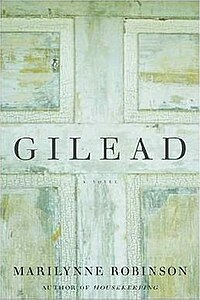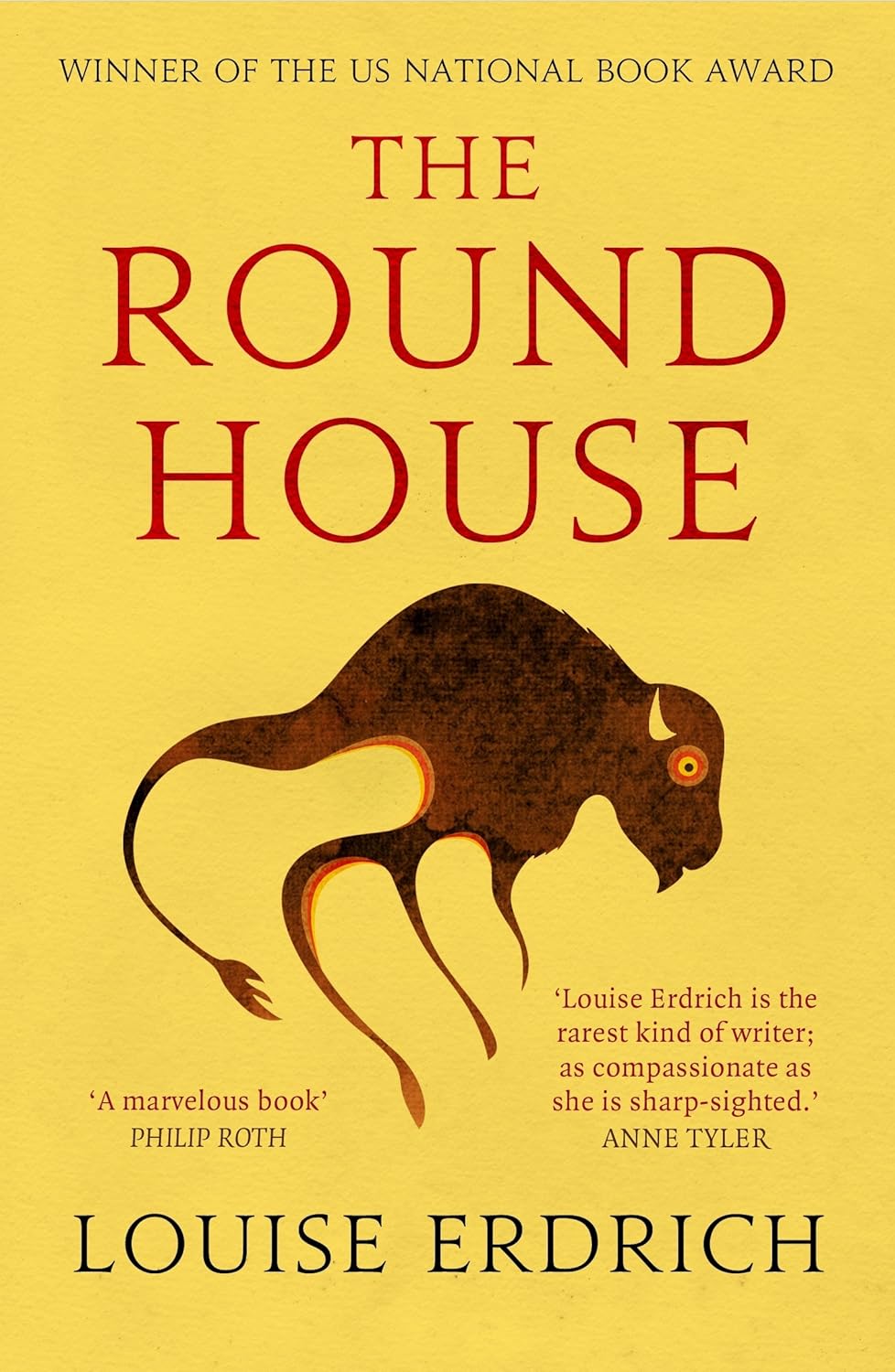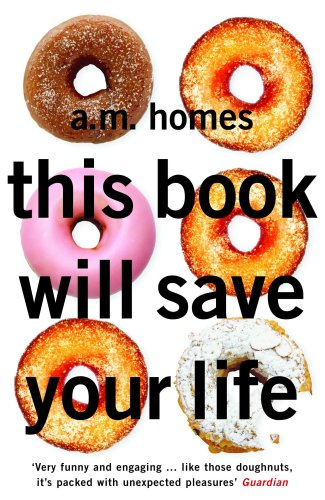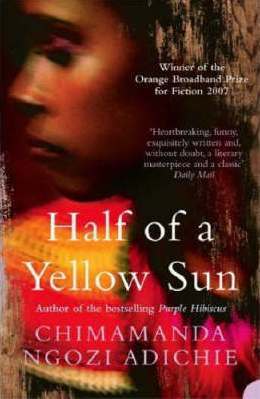I’ve noticed recently that I’ve developed a fascination with
factual books, books about silence and looking, books about nature or travel, personal
diaries. This is unusual, for me, as I’ve always been more driven by fiction,
stories, with a strong narrative form that I can focus on and be gripped by. My
sudden desire to read these other types of books has surprised me (in a good
way, I should point out), and as I reflected upon it I realised that these
books share something. They all share a meditative quality, there is something
lulling and soothing about both the writing and the subject matter. I’m
attracted to these books because I find them restful.
Having opened up that thought it occurred to me that there
have been many books, over the course of my reading history, with which I
associate a particular feeling or which have affected me in such a way as to
have been mind altering. Those books have not been frequent (I can probably
easily name them all) but they have had such a profound effect upon me that
they will always remain important to me.
The capacity of books to have an impact on a person’s frame
of mind is something which has been acknowledge, no doubt, before I stumbled on
the idea. It is something that The Novel Cure published by the wonderful Canongate Books seeks to demonstrate, and in UK
people suffering from depression, anxiety or other mental illnesses can receive
books on prescription to help them in their healing process. That books are powerful, mind altering
agents is something amazing, but also something to consider with caution. When
you open a book, you invite the author to enter your mind in a way that you
wouldn’t ordinarily permit. Cervantes’s classic, Don Quixote, rests on this
very premise. Reading the wrong sort of fiction, or too much, can lead to
madness.
Reading is personal, it is something that we share and yet
cannot really share. My experience of books is not the same as yours; it is
shaped by my personal history, my triumphs and desires, my unique sufferances.
Yet it is still possible, I think, to identify books which others might just find similarly affecting. If
you have experienced any, please don’t hesitate to mention them in the
comments. For the moment, here are some mind altering books from the mind of
Bii’s Books.
Meditative
Cosmopolis by Don DeLillo – I could have picked any book by
DeLillo here, but for some reason, perhaps because it was the first I’d really
paid any attention to, this one had the greatest effect on me. It isn’t the
subject matter or the story, but the rhythmic quality to DeLillo’s prose which
makes his work meditative. Though I never finished it, I read the opening to
Underworld four times before I could move on, I got so caught up in the
rhythmic beauty of it. From Cosmopolis:
‘There was no answer
to the question. He tried sedatives and hypnotics but they made him dependent,
sending him inwards in tight spirals. Every act her performed was self-haunting
and synthetic. The palest thought carried an anxious shadow. What did he do? He
did not consult an analyst in a tall leather chair. Freud is finished. Einstein’s
next. He was reading the Special Theory tonight, in English and German, but put
the book aside, finally, and lay completely still, trying to summon the will to
speak the single word that would turn off the lights. Nothing existed around
him. There was only the noise in his head, the mind in time.’
To the River by Olivia Laing – this is a lovely, meandering
novel following one woman’s walk along the River Ouse in which she shows not
only her own life but the life of the river, its history and the people who
have been touched by it. There’s a heavy focus on Virginia Woolf, who drowned
herself in the Ouse, but in the course of her journey she also opens up the
stories of the early palaeontologists, Kenneth Graeme, rivers from legend or
history, ancient stories of underworlds and hidden places, ancient battlefields.
Aside from the meandering quality of the book the heavy use of listing adds a
meditative quality to the writing, like here:
 ‘The idea, cooked up
by ecologists and historians at the University of Sussex, was to re-establish
these wildflower meadows, reducing the risk of flooding downstream and
returning to the river those fugitive grasses I’d seen near Sheffield Park:
bent and black knapweed, cock-foot, crested dog’s-tail, fescue and Yorkshire
fog.’
‘The idea, cooked up
by ecologists and historians at the University of Sussex, was to re-establish
these wildflower meadows, reducing the risk of flooding downstream and
returning to the river those fugitive grasses I’d seen near Sheffield Park:
bent and black knapweed, cock-foot, crested dog’s-tail, fescue and Yorkshire
fog.’
There is something wonderful, of course, in those Old
English names for wildflowers, but it is the rhythmic quality of the list that
makes it doubly wonderful. It reminds me, somewhat, of the similarly rhythmic
quality to the place-names used in the shipping forecast, which probably those
outside UK aren’t too familiar with, or even those in UK that are young, but
which Carol Ann Duffy captures wonderfully in the ending of her poem Prayer:
Prayer
Some days, although we cannot pray, a prayer
utters itself. So, a woman will lift
her head from the sieve of her hands and stare
at the minims sung by a tree, a sudden gift.
Some nights, although we are faithless, the truth
enters our hearts, that small familiar pain;
then a man will stand stock-still, hearing his youth
in the distant Latin chanting of a train.
Pray for us now. Grade 1 piano scales
console the lodger looking out across
a Midlands town. Then dusk, and someone calls
a child's name as though they named their loss.
Darkness outside. Inside, the radio's prayer -
Rockall. Malin. Dogger. Finisterre.
(for those less familiar, the shipping areas are called:
Viking, North Utsire, South Utsire, Forties, Cromarty, Forth, Tyne, Dogger,
Fisher, German Bight, Humber, Thames, Dover, Wight, Portland, Plymouth, Biscay,
Trafalgar, FitzRoy (this used to be called Finisterre), Sole, Lundy, Fastnet, Irish
Sea, Shannon, Rockall, Malin, Hebrides, Bailey, Fair Isle, Faroes, South East
Iceland)
Cheering
The Enchanted April by Elizabeth von Armin – because sunshine
and wisteria and a castle in the warm bosom of Italy and four women looking for
flowers and happiness and finding it in each other.
This Book Will Save Your Life by AM Homes - it’s full of impossible coincidences and crazy
Californian behaviour, but this book in which Richard goes from an unfeeling,
lonely man to someone beginning to live his life will leave you with a smile on
your face. And there are doughnuts on the cover. Doughnuts. There, I bet you’re
smiling already.
Craziness
Catch 22 by Joseph Heller – it took me two attempts before I
could finish Catch 22, because the first time its general craziness was
twisting my mind so much I had to put it down for my own sanity. At its heart
it is a book about the insanity of war and the heartless tyranny of bureaucracy,
all told with a mind-bending, endlessly circular logic. A brilliant book, but
not one to approach during periods of mental instability.
 Hunger by Knut Hamsun – the unnamed character in Hunger runs
around constantly on the edge of being kicked out of his apartment or starving.
He never has any money, and is on a constant search for money which he earns by
writing. The main character is evidently unhinged and yet, as you read on, you
begin to realise that perhaps that’s the way he likes it, that there are
options open to him that he chooses not to take because the insanity brought on
by his starving condition drives him. It is a mentally exhausting read, but
excellently written.
Hunger by Knut Hamsun – the unnamed character in Hunger runs
around constantly on the edge of being kicked out of his apartment or starving.
He never has any money, and is on a constant search for money which he earns by
writing. The main character is evidently unhinged and yet, as you read on, you
begin to realise that perhaps that’s the way he likes it, that there are
options open to him that he chooses not to take because the insanity brought on
by his starving condition drives him. It is a mentally exhausting read, but
excellently written.
The Third Policeman by Flann O’Brien – death and bicycles. Because
this:
‘I am certain it would
not,’ the Sergeant replied immediately, ‘because if birds could lay eggs that
would put me out of their wits, you would have no crops at all, nothing but
scarecrows crowded in every field like a public meeting and thousands of them
in their top hats standing together in knots on the hillsides. It would be a
mad world completely, the people would be putting their bicycles upside down on
the roads and pedalling them to make enough mechanical movement to frighten the
birds out of the whole parish.’ He passed a hand in consternation across his
brow. ‘It would be a very unnatural pancake,’ he added.’
Spirituality
Gilead by Marilynne Robinson – there is such honest, religious
love in this book, which is a love letter by a man, a dying priest, to his
young son. He does not think he will live to see his son grow up. Instead he
shares his love, his religion, so beautifully that even if you are not a
believer, you want to be. Like here:
 ‘It has seemed to me
sometimes as though the Lord breathes on this poor gray ember of Creation and
it turns to radiance – for a moment or a year or the span of a life. And then
it sinks back into itself again, and to look at it no one would know it had
anything to do with fire, or light. That is what I said in the Pentecost
sermon. I have reflected on that sermon, and there is some truth in it. But the
Lord is more constant and far more extravagant than it seems to imply. Wherever
you turn your eyes the world can shine like transfiguration. You don’t have to
bring a thing to it except a little willingness to see. Only, who could have
the courage to see it?’
‘It has seemed to me
sometimes as though the Lord breathes on this poor gray ember of Creation and
it turns to radiance – for a moment or a year or the span of a life. And then
it sinks back into itself again, and to look at it no one would know it had
anything to do with fire, or light. That is what I said in the Pentecost
sermon. I have reflected on that sermon, and there is some truth in it. But the
Lord is more constant and far more extravagant than it seems to imply. Wherever
you turn your eyes the world can shine like transfiguration. You don’t have to
bring a thing to it except a little willingness to see. Only, who could have
the courage to see it?’
Similarly Home, which follows a different character in the
same fictional town, and the wonderful Housekeeping share this spiritual
feeling. I doubt Marilynne Robinson capable of writing a bad word, ever.
The Prophet by Kahlil Gibran – because:
‘[on children]You may
give them your love but not your thoughts,
For they have their
own thoughts.
You may house their
bodies but not their souls,
For their souls dwell
in the house of tomorrow,
which you cannot visit,
not even in your dreams.
You may strive to be
like them, but seek not to make them like you.
For life goes not
backwards nor tarries with yesterday.
You are the bows from
which your children as living arrows are sent forth.
The archer sees the
mark upon the path of the infinite, and he bends you with His might that His
arrows may go swift and far.
Let your bending in
the archer’s hand be for gladness,
For even as He loves
the arrow that flies, so He loves also the bow that is stable.’
Passionate
Delta of Venus by Anais Nin – there are no tales of passion
like Nin’s. Short, tempestuous stories, erotic and passionate. If you want to
immerse yourself for five minutes in a kind of ecstatic bubble then Nin is the
place to go. Deliciously erotic and written with passion. From Marianne:
‘In the middle of her
work, Marianne had been taken with the desire to write down her own
experiences. This is what she wrote:
“There are things one reads that make you aware that you
have lived nothing, felt nothing, experienced nothing up to that time. I see
now that most of what happened to me was clinical, anatomical. Here were the
sexes touching, mingling, but without any sparks, wildness, sensation. How can
I attain this? How can I begin to feel – to
feel? I want to fall in love in such
a way that the mere sight of a man, even a block away from me, will shake and
pierce me, will weaken me, and make me tremble and soften and melt between the
legs.”’
See.
The Powerbook by Jeanette Winterson – a passion-filled story of
a forbidden, hidden love. I have to believe that Jeanette Winterson has known
passion because she writes it so authentically. It is a beautiful, astonishing
book full of the joy and fear and anger and struggle and preciousness of love.
Because:
‘I want to be able to
call you. I want to be able to knock on your door. I want to be able to keep
your key and to give you mine. I want to be seen with you in public. I want
there to be no gossip. I want to make supper with you. I want to go shopping
with you. I want to know that nothing can come between us except each other.’
Loneliness
The Wall by Marlen Haushofer – this story of a woman trapped
in an Alpine resort behind an invisible wall could easily have descended into
madness, and yet whilst there are hints of understandable paranoia and fear,
and there is the mindless toil of survival and yet despite all of this there is
also peace and freedom. As she says:
 ‘No, it is better that
I’m alone. And it wouldn’t be good for me to be with a weaker partner either; I’d
reduce him to a shadow and kill him with care. That’s the way I am, and the
forest hasn’t changed matters. Maybe only animals can put up with me. If Hugo
and Luise had stayed behind in the forest there would certainly have been
endless friction as time passed. I can’t see anything that could have made our
coexistence a happy one.
‘No, it is better that
I’m alone. And it wouldn’t be good for me to be with a weaker partner either; I’d
reduce him to a shadow and kill him with care. That’s the way I am, and the
forest hasn’t changed matters. Maybe only animals can put up with me. If Hugo
and Luise had stayed behind in the forest there would certainly have been
endless friction as time passed. I can’t see anything that could have made our
coexistence a happy one.
There is no point
thinking about it. Luise, Hugo and the huntsman no longer exist, and basically
I don’t want them back. I’m no longer the person I was two years ago.’
A Book of Silence by Sara Maitland – in this factual book we
share Sara Maitland’s retreat into a more silent life. Far from being lonely,
alone and terrified as many imagine they would be, instead she finds the experience
restorative and self-fulfilling. She shares stories of others – explorers,
religious hermits – and how their experiences of silence are both similar and
inspiring. If ever you feared silence and loneliness, this book can help you to
see it in a more positive light.
There are many more emotions, I know, and many more stories
that reflect and intensify them. Perhaps if I remember I will post some more,
some different emotions, later. In the meantime, if you have any you’d like to
share please feel free to comment below.










